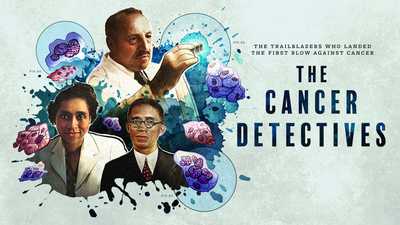The Jazz Age

In 1925 the Jazz Age was in full swing. It was the year Louis Armstrong and Duke Ellington made their first recordings.The Phantom of the Opera opened at movie theaters. The Ku Klux Klan marched on Washington, D.C. People sat on flagpoles, danced the Charleston, read a new novel called The Great Gatsby. And a young man named John Scopes went on trial for teaching Darwin's theory of evolution in defiance of a Tennessee law.
The Scopes trial was a signature event of the Jazz Age. It had that "ballyhoo" spirit so typical of the 1920s. In one way, however, it was atypical. The Scopes trial took place in a little town in the South, far from the roar of the metropolis.
The Jazz Age glorified city life. Americans — including many African American sharecroppers from the South — were leaving their farms in record numbers to live and work in places like Chicago and New York City. F. Scott Fitzgerald called it a time when "the parties were bigger, the pace was faster, the buildings were higher, the morals looser."
Definitions of the 1920s reflect the extreme nature of the era itself. Playwright Elmer Davis said, "Today Croesus is King. Not thinkers but rich men rule the world." Looking back on the 20s, Kevin Rayburn wrote, "It was the first truly modern decade and, for better or worse, it created the model for society that all the world follows today."
The 20s in all its lighthearted excess grew from a great darkness. No one who survived what was then known as The Great War could imagine that anything like this cataclysm would happen again. The war opened eyes to unimagined horrors and when it was over people simply wanted to live again. Those who could afford it lived with a vengeance.
It was best to be young during the roaring 20s. Many people born in the 19th century felt threatened by a culture that seemed to have lost its moral compass. William Jennings Bryan, a political and religious leader of the day, had campaigned hard for Prohibition and in 1919, it became the law of the land. But the law meant nothing to a wild new generation. Surveys showed that young people were losing their faith in God. In his attempt to bring America back to the Bible, Bryan chose to attack a single idea — Darwin's theory of evolution.
Not everyone saw the problem in such a simple light. Writer Willa Cather said that for her, the world broke in two around 1922. Like Bryan, Cather had grown up in a less frantic America — before the automobile, the talking pictures, and the phonograph. Cather thought the modern world was an uglier place than the one she remembered. In 1921 she said in a speech, "We now have music by machines, we travel by machines — soon we will be having machines to do our thinking."
Iconoclast H.L. Mencken turned forty-five the year of the Scopes trial, yet he, more than anyone else, epitomized the era. Americans who wanted to be "in the know" read his magazine, The Smart Set. His boisterous sense of play, his hatred of the "pieties" of the past, and his outrageous reporting at events like the Scopes trial, made him the quintessential modernist. When asked what he would do if on his death he found himself facing the twelve apostles, the agnostic Mencken answered, "I would simply say, 'Gentlemen, I was mistaken.'"
The excesses of the Jazz Age came tumbling down with the stock market crash of 1929. Yet everyone who lived through it had been forever changed. In the words of Heywood Broun, "The Jazz Age was wicked and monstrous and silly. Unfortunately, I had a good time."





